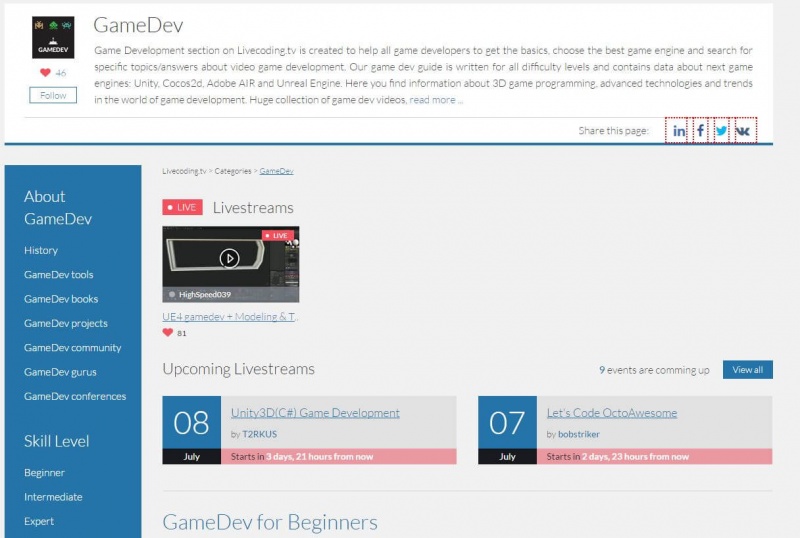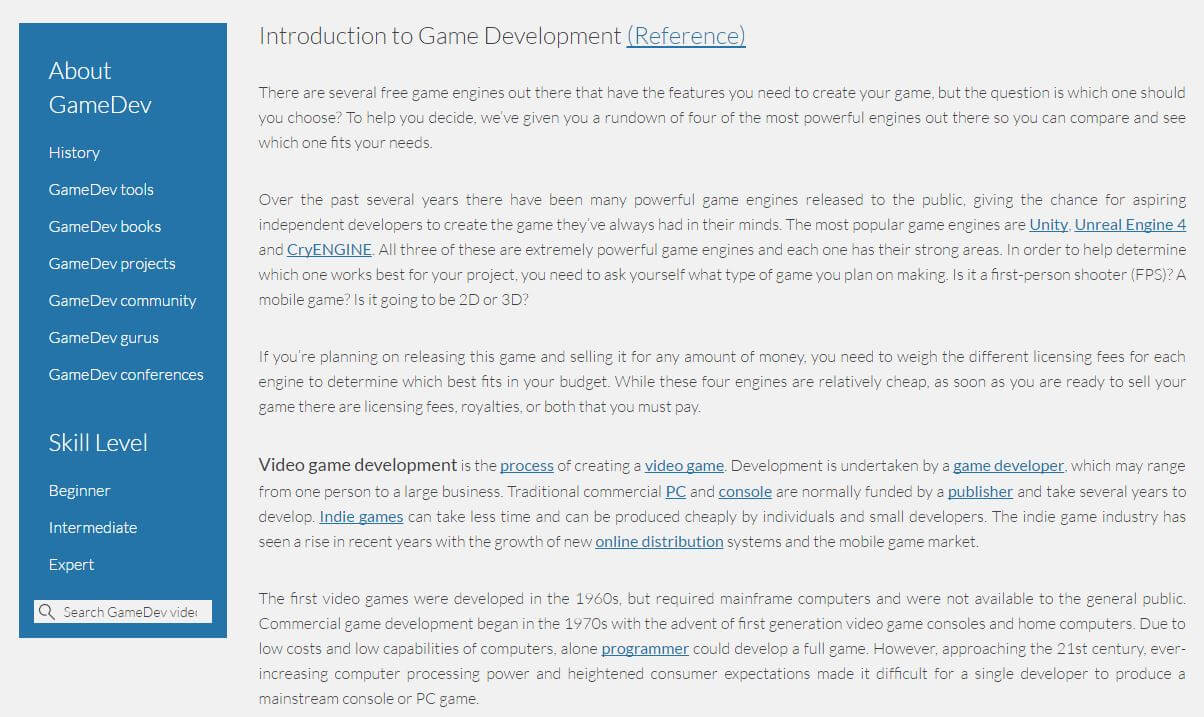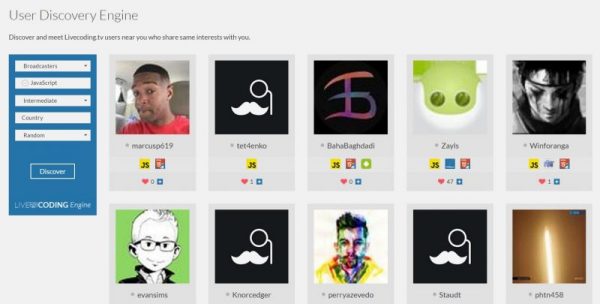Work-life balance is one of the most debated topics on the internet. You will find hundreds of articles based on Work-life balance which essentially provide you tips on how to improve your life or something close to it.
Naturally, programmers get caught with the Work-life balance tussle. It starts with the first day at the job and never ends.
Sounds, familiar? Eventually, you lose track of your life and live a life of a permanently exhausted owl.
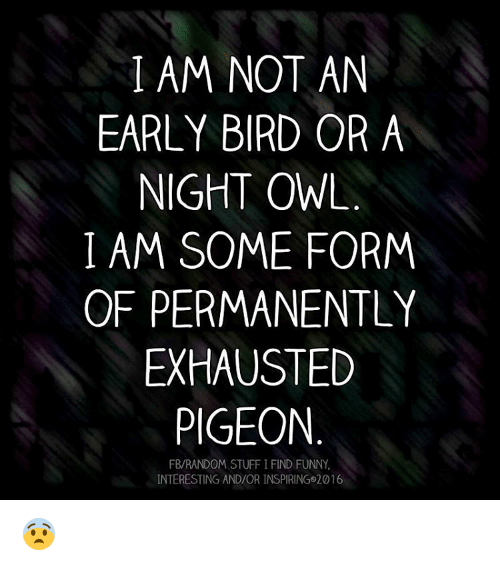
As a permanently exhausted programmer owl, it is easy to curse your surrounding, your job or anything that pops up in your mind. And, why should it be? You are stuck in the matrix where every door opens to work.
By the end of the article, you will see a bright light at the end of the tunnel, giving you a hope of a better life. The article aims at programmers with an inclination towards Game Developers (Game Dev: https://www.livecoding.tv/categories/gamedev/ )
Game development is an entirely different ball-game. 80 hours work week are considered normal and many game veterans such as Alex St. John thinks that it is normal to work for longer hours, and not whine about work-life balance.
Rami Ismail, on the other hand, believes the complete opposite and gave a fitting reply to Alex St.John thinking.
The whole series started from “crunch time” problem written by Dean Takahashi when Kate Edwards proposed that crunch time is necessary to work in big companies, especially Game development jobs. Read ithere.
10 Work-Life Balance Commandments for Game Developers (and all other) Programmers
1. Become a Work-Ninja
If you are in the industry for long, you already know the term, “Ninja.” It is generally associated with people who work efficiently and are good at what they do. They love their job (and work at half the wage they deserve — not applicable to everyone).
To manage your Work-life balance, you need to be a Work-Ninja — a term that is intended for people who work eight hours and are not interested in any over-work. They finish their work within the allocated time.
But, what about Game Developers? Do, they have the same luxury? Many would argue that it is not a 40 hours/week job, but that’s not the truth. Many game developers keep a healthy Work-life balance and finish their day job before moving to the other side, i.e., life.
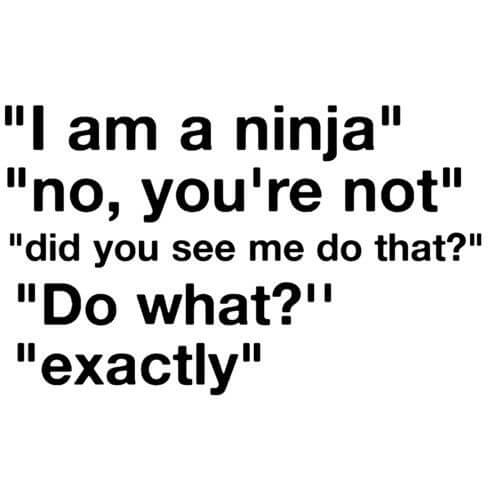
2. Find Another Hobby
Game developers best hobby is to play computer games. That sounds reasonable, right? But, playing games all the time, won’t give you the chance to maintain a real Work-life balance. It is not that you need to stop playing games entirely, but there are tons of other activities that you can take part in — such as swimming, cycling, hiking, etc.
For other programming jobs, it is always a good idea to look for hobbies that are not directly connected with your job — achieving a relaxed mind. After all, a relaxed mind is a creative mind.

3. Manage Work By Effort not Time — Kill The Frog
Killing the frog is one of the biggest productivity hacks that one can follow. It not only ensure that you can work in relaxed mode for the rest of the day but also add significant value to the project you are working on.
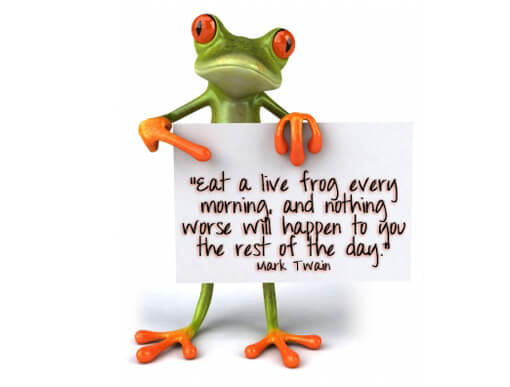
Another way to manage your job and eventually Work-life balance is to measure effort and not time. Your boss might have allocated to you two hours for a task, but do you think that time is the measure of effort? Nope.
But, technical terms such as productivity is measured in terms of time — which is an absurd way to measure complex idea such as productivity.
To ensure that you spend your time doing a real job and not counting time, measure your work with effort.
If you are a game developer, work on the feature that your team wants you to finish first, and then spend the rest effort to other tasks of less significance.
4. Don’t Waste Time On Useless Activities
How many times you found yourself doing stuff that you don’t need too? Like watching TV or cultural junk that doesn’t serve you value?
As a programmer or game developer, it is better as you can opt to contribute to Open Source, start your own side project, or teach your kids/friends how to program. Not only the above activities will keep your mind fresh, but will also enable your talents to be used somewhere else.
5. Have Escape Plan
Work can sometimes be a tough nut to crack. After all, you are trading your time for money, and it is not pleasant all the time(unless you are working in your dream job..or is there anything called like the dream job?).
Escape plans can consist of having different activities after work. For example, playing with kids, spending time in the kitchen making the food you love, working on open source projects, etc.
6. Unplug the mind
Did you carry your bugs from work to home? If you do, you never get off from work. The best approach is to turn off your game developer/programmer brain part after leaving the office.
It might not be as easy at it sounds, but with practice, you can do it, and improve your Work-life balance immensely. There is no need to think over the bugs or work problems as they can be solved on the very next day.
7. Socialize with non-gamers(Game Developers special)
Game developers are special people. They are working all day to create an amazing game. Not only they love games, but they also love discussing them.
After work, it is common for any Game developer to start discussions about games if he decides to spend time with other gamers or developers.
That’s why it is a good idea to spend time with non-gamers people. This way, you can be completely off the grid and enjoy a happy Work-Life balance.
You can also socialize with other like minded people using User Discovery engine. The tool will help you find like minded people but with different interest and stories to tell. Learn more by checking the definitive guide on finding your buddy.
8. Make use of the vacations
Vacations are a regular part of our work life. It is like the golden period in our life when we can make the most out of time. But, many programmers or game developers or anyone in general, don’t take full advantage of the vacation.
Make the most of it by doing personal projects, going for a movie with the spouse or spending time with family! Do not work on holidays or vacations! I repeat, do not work!
9. Communicate Constantly With your Spouse
If you are married or have a partner, keep open communication lines with them. Programming or Game development is a stressful job, and it requires emotional support from your partner at all time. If you are single, then keeping a constant touch with your friends is the best way to handle Work pressure — which, in turn, improves your Work-life balance.
10. Take a sabbatical
If you are not starting your career and is already established in the IT industry, it is a good idea to take a sabbatical and think about your life. A sabbatical is an extended period of vacations taken after continuous years of work. The sabbatical can help you refocus and rethink about your life and help you manage life in a much better way.
The sabbatical can help you pick up on your side projects and work them through at your own pace. You can also opt to broadcast them live on Livecoding.tv. Broadcasting your side projects have multiple benefits. For example, you can get feedback from experienced Game Developers and programmers, learn to take feedback positively or eventually put yourself in a place to be hired from Indie Game Developers.
Conclusion
What do you think about Work-life balance for a programmer? Comment below and let us know. We are listening!








